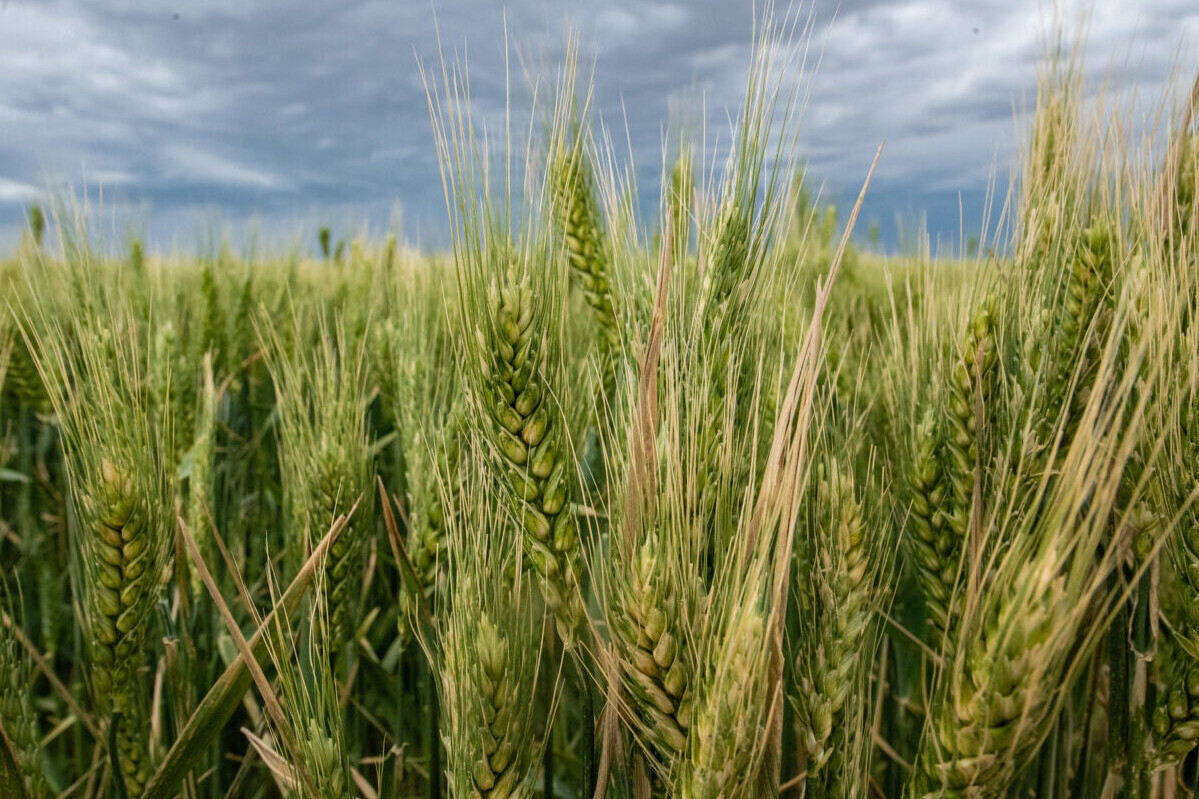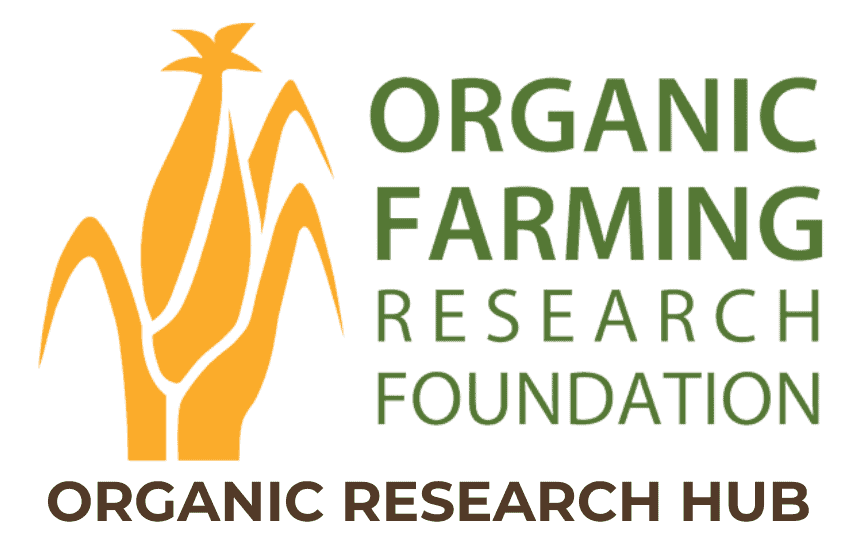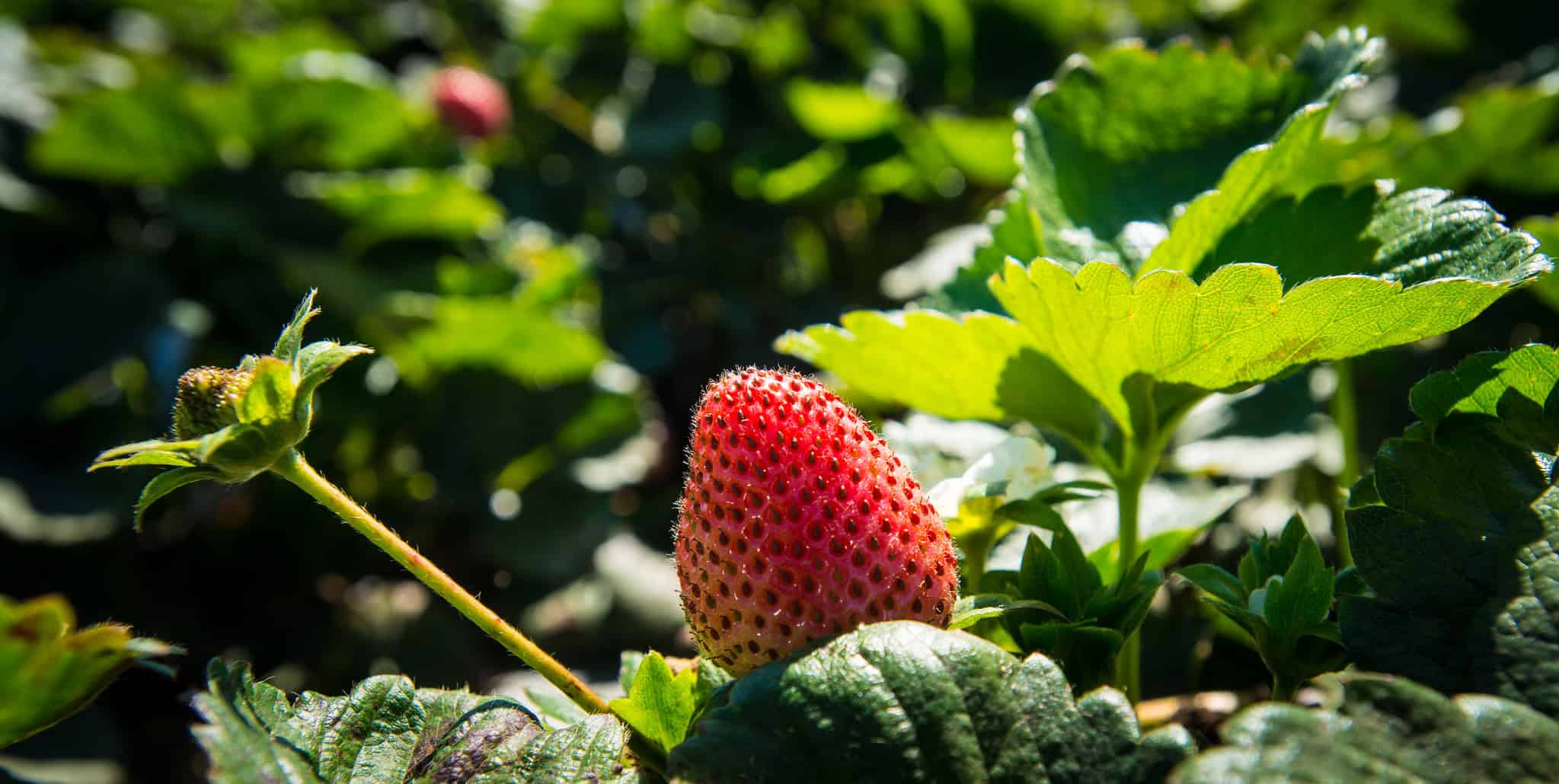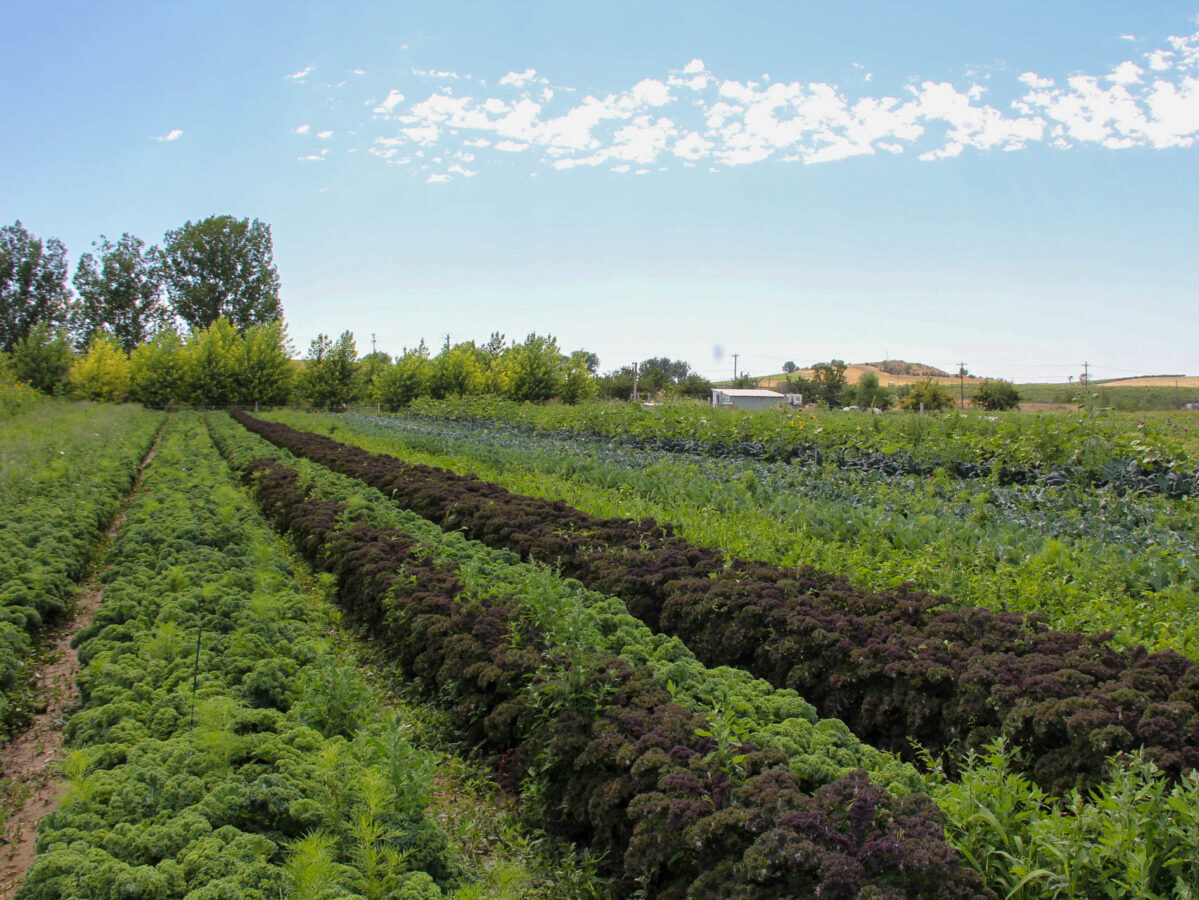Nutrient Budgeting in Organic Grain Production
Iris Vaisman, Prairie Organic Grain Initiative

The Nutrient Management Program was a collaboration between farmers, agronomists, the University of Manitoba, and the Prairie Organic Grain Initiative. This program aimed to enhance understanding of green manure and fertility management. The initial goal was to help farmers make informed decisions about using green manures. However, as the program developed, additional objectives emerged.
Green manures (GMs) are crucial in organic grain-based systems on the Canadian prairies, as they contribute to soil health, cash crop yield, and grain quality. Although this is well-documented in research settings, a recent survey conducted by the Prairie Organic Grain Initiative (POGI) revealed low adoption of GMs and inadequate management practices by farmers. Simultaneously, surveys of organic farms across the prairies have uncovered nutrient deficiencies that ultimately reduce yield potential (Knight et al., 2010; Entz et al., 2001). Farmers need to grasp the connections between GMs, soil health, nutrients, cash crop yield, and grain quality within the scope of an entire farm nutrient budget. They require access to knowledge that builds their confidence in choosing from a variety of GM species, termination methods, and timing. Furthermore, a spreadsheet tool to help them calculate their farm nutrient budget while exploring alternative crop rotations and nutrient management scenarios would be beneficial.
Farmers have also expressed the need for on-farm visits from knowledgeable agronomists. Each organic farm is unique, and personalized extension services would be highly advantageous. Unfortunately, there are few trained organic agronomists in the Prairies, which highlights the context in which the Nutrient Management Program was established.
The Prairie Organic Grain Initiative launched this two-year program in 2016, promoting it to organic farmers and agronomists throughout the Canadian Prairies (Manitoba, Saskatchewan, Alberta, and British Columbia). Farmers were matched with agronomists, many of whom had previously participated in POGI’s Organic Agronomy training program that same year. These agronomists included government extension workers, private consultants, and university staff.
The agronomists involved in the program received support from POGI and training through the University of Manitoba. This training encompassed webinars, emails, shared documents, and phone calls. Webinars addressed proper plant and soil sampling techniques, interpreting results, establishing nutrient budgets, and co-designing management advice tailored for farmers.
Region
Outside U.S.
Topic
Crop Nutrient Management, Cropping Systems
Category
Grain and Field Crops
Date Range
2011-2020
Funding Amount
$13,816
Funding Year
2016Location
Winnipeg, Manitoba
Collaborators
Martin Entz, University of Manitoba
Joanne Thiessen Martens, University of Manitoba



